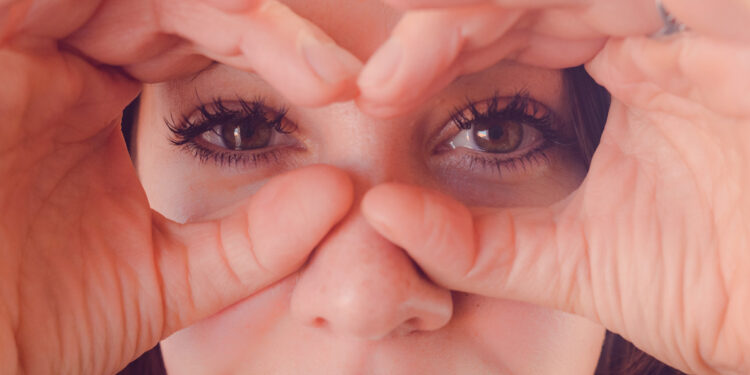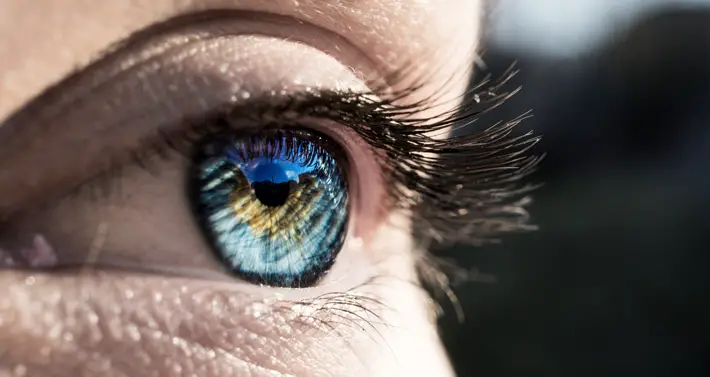Effective Ways To Prevent Blurry Contact Lenses

While contact lenses are primarily used to give their wearers clear vision, there are a few factors that can make them appear hazy or opaque. Here are some of the most typical reasons why your eyesight may be blurred through your contacts, as well as ways to correct it.
Sort Dry Eyes
Blurred vision might be caused by your contact lenses or eye dryness. Many individuals (who do not wear glasses or contacts) have a typical dry eye illness in which the eyes don’t make enough tears to keep them wet – this can also happen if tears evaporate too quickly.
You might not be able to see very well if your eyes are irritated. However, there’s typically nothing to be concerned about. Drops are available to help moisten and wet the contact lenses, preventing dryness from developing. It’s critical to consult with your optician about which type of drop is best for you because different lens materials produce lenses that aren’t all compatible with every type of drop.
If you’re having trouble seeing due to dry eyes rather than the lenses, speak with your doctor or head to an online store that can provide cheap contact lenses – they may offer eye drops to fix your issue.
Always replace and renew your contact lenses as directed, since leaving them in longer than needed might irritate the eyes, preventing tears from forming properly.
Clean Or Replace The Lens
Protein deposits and debris on the contacts’ surface are a typical cause of vision impairment. This may happen if you wear your contacts for longer than the recommended length of time, resulting in a buildup of deposits that causes vision to be blurred or hazy. If you get double vision after wearing contacts, this could be the reason. If the blurriness disappears once you take out the lenses, it’s a good sign that they’re at fault.
Following a clean and cautious cleaning procedure when your contact lenses are removed will help keep debris and proteins from accumulating on the surface.
Depending on the characteristics of your contact, you may need to clean them more frequently. If your contacts are typical, you might want to clean them every few weeks or so. You will also be able to obtain cleaning advice and advice from your optometrist about the optimum lens solution for this. Only use your lenses for the amount of time they’ve been advised for, or you could do significant harm to your eyes.
Change Your Prescription
Many people notice that their eyesight deteriorates as they age, which means their prescription will need to be updated and modified as they get older. While it’s more apparent to keep track of our glasses throughout the years, forgetting that contact lenses need the same amount of care as glasses does happen. You might also discover that your vision is blurred as a result of the lenses in your eyes rotating or shifting about, which may be solved by getting a new prescription for better-fitting contact lenses.
You’ll need to book an appointment with your optician so that they can check for any modifications needed to your prescription.
Some changes are unavoidable as we age, but some may be symptoms of a more serious eye disease or even an underlying health problem such as diabetes, so it’s critical to maintain regular check-up appointments with your optician to try and detect any problems before they get worse.
If you can, keep a diary of your symptoms to track the times and days they occur so that your optician may determine what is causing the problem.










